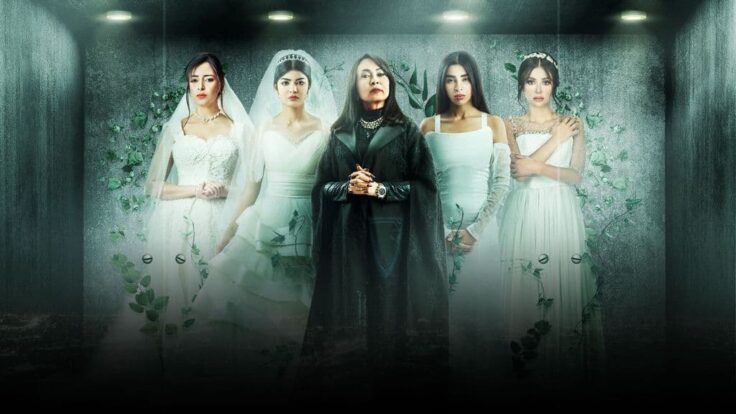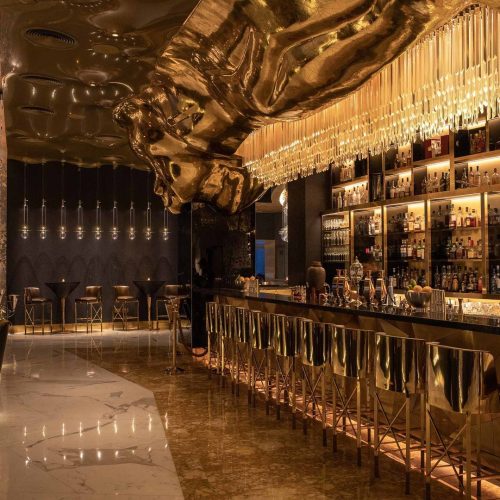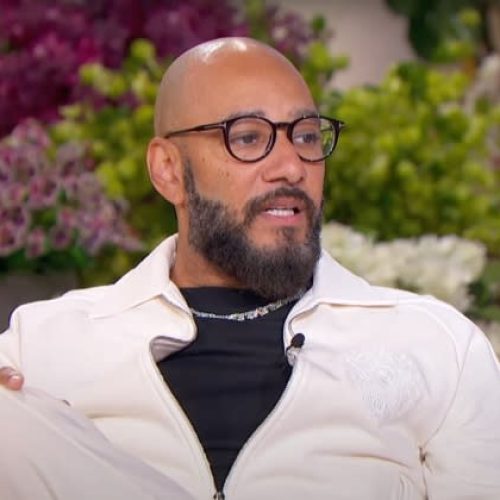It’s back: Dahaya Halal (“Halal Victims”), the infamous TV show that first came into existence in 2020 under streaming platform Shahid and was put to an end not long after. Its provocative nature sparked an uproar causing the Saudi General Authority for Audiovisual Media to put the TV to a halt. However, fast forward a few years later and the TV show is back on screens.
It only makes sense for the series to make a return since the Kingdom is making a burgeoning effort to expand its guise, and set more precedence for social transformations to take place especially in matters of gendered laws and norms.
Since returning on air, the 10-part series directed by Egyptian filmmaker Ahmed Medhat alongside Jordanian screenwriter Adel Al-Jabri is continuing its mission to confront social problems that commonly occur, but tend to be left in the dark. The story goes as follows– Om Noura, who is played by Saudi actress Sanaa Bakr Younis, is a mastermind at coercing and taking advantage of young and vulnerable women who seek refuge in her. Plummeting on their weaknesses, she sends them off to engage in marriages with wealthy men, essentially trading the women as pawns, marrying one after the other, and continues to recruit new women along the way. When the marriage is set forth, the groom pays a dowry to the bride which is then given to Om Noura, who takes half. The more beautiful the woman is in the eyes of the clients, the higher the dowry will be. And if she’s a virgin, the dowry is even higher.
Essentially, Om Noura is running a trafficking and prostitution ring where escape is impermissible. The women are abused, manipulated, and blackmailed if they do not abide by her rules. What makes the show ever more twisted is Om Noura’s ability to justify her ongoing abuse to these five women under religious pretenses, with her ever so “pious” appearance– she is religiously sanctioning sex-trafficking rings, pedophilia, and overall abuse.
“Clerics who openly sanction these ‘temporary marriage’ schemes acknowledge that they are not proper Islamic marriages but a pragmatic way to curtail adultery and illegal sex— in other words, a way to legitimize and respond to the spread of sex outside marriage in otherwise conservative societies. The show, in this sense, is a realistic depiction of this marriage and its cynical application,” explains journalist, Ola Salem, in New Lines Magazine.
Dahaya Halal’s gripping storyline incites an even more important conversation that should be tackled more often within the region. Some say it may be controversial, but the show’s narrative is threaded with vivid truths and addresses the question, to what extent can someone use religion to justify immoral behavior and abuse? Throughout the show, the marriages and divorces that occur all seem to be under the Islamic Law, but are all under extremely unlawful circumstances. Essentially, it’s about loopholes to enable behaviors that are in the gray area of permissibility in Saudi Arabia.









